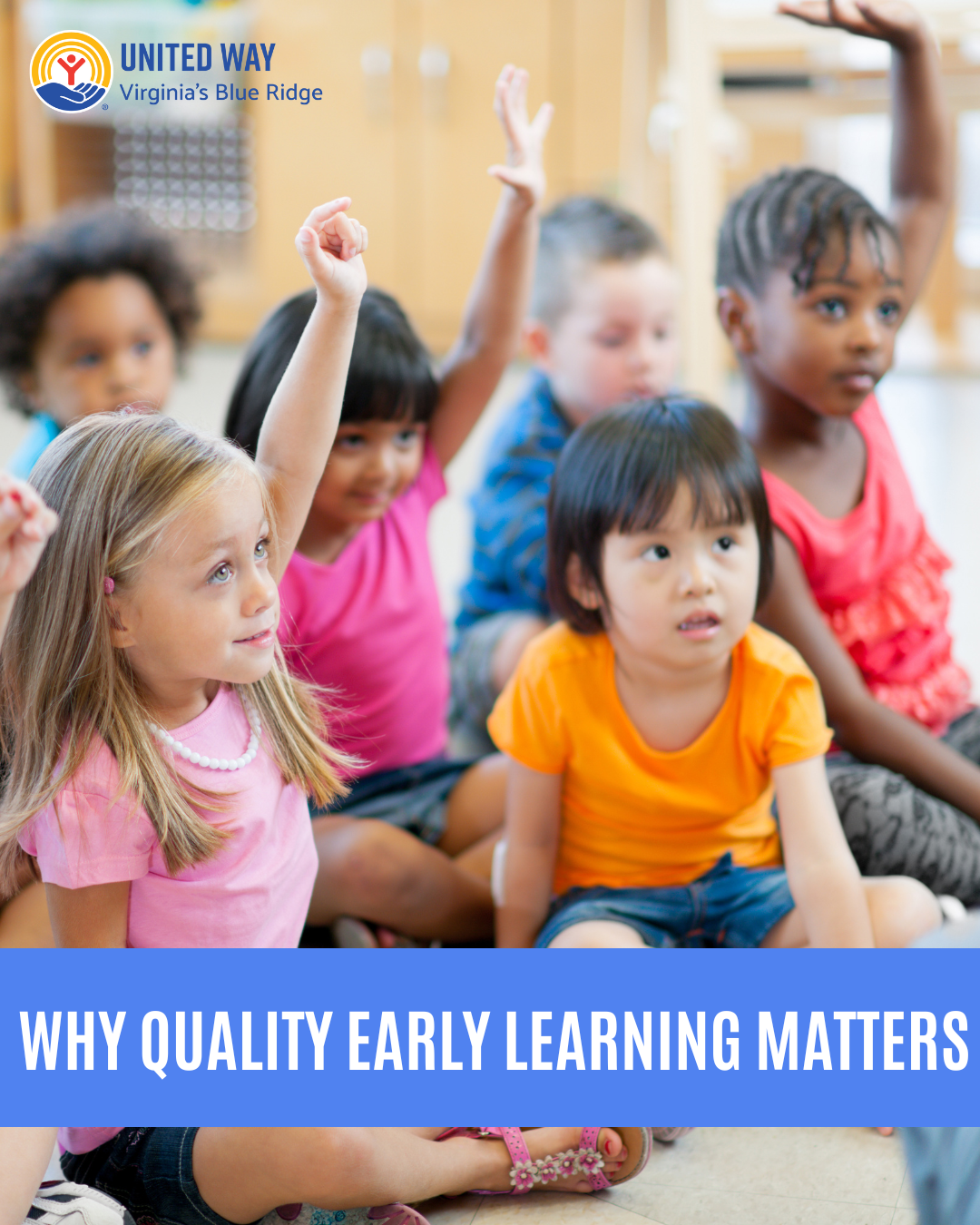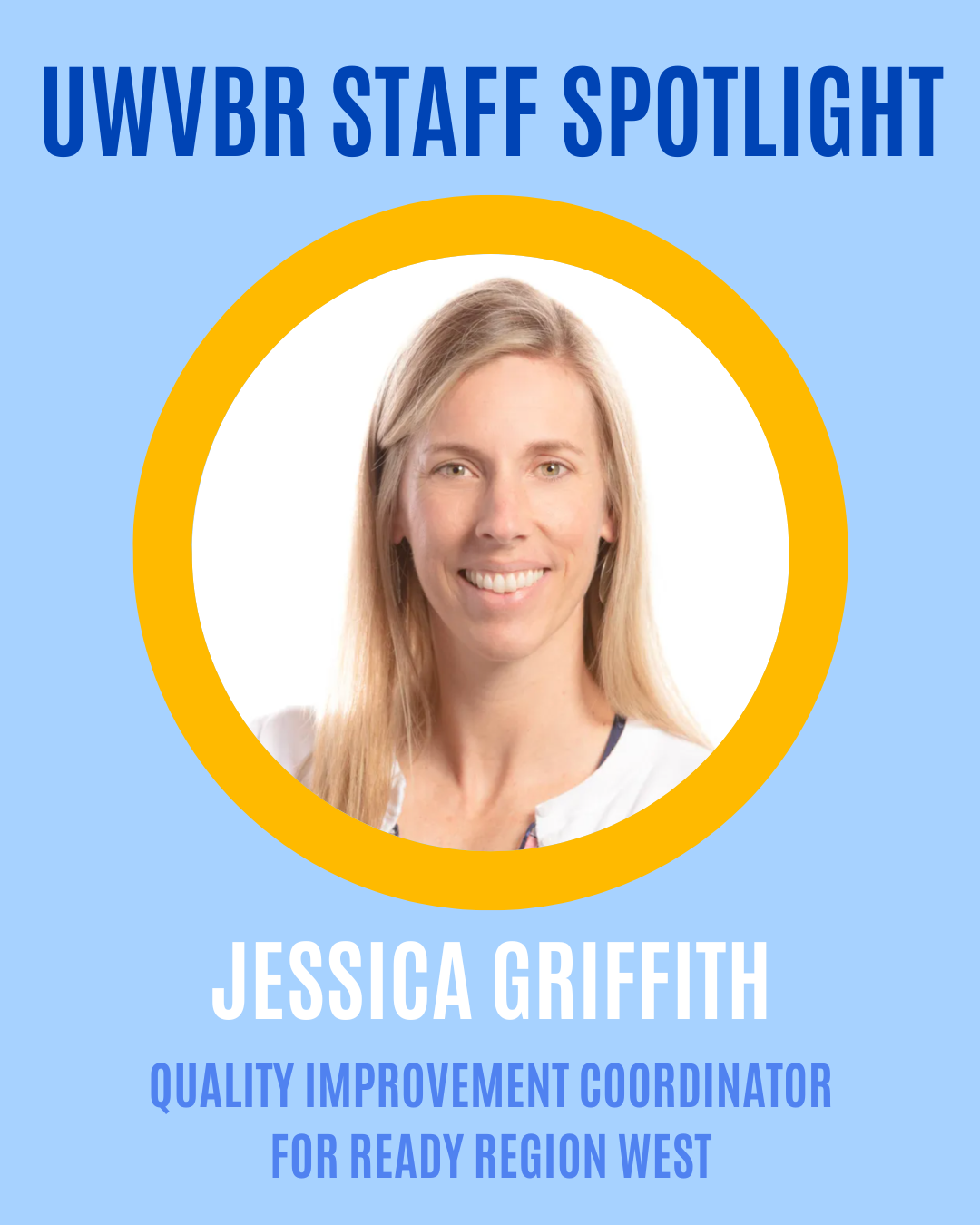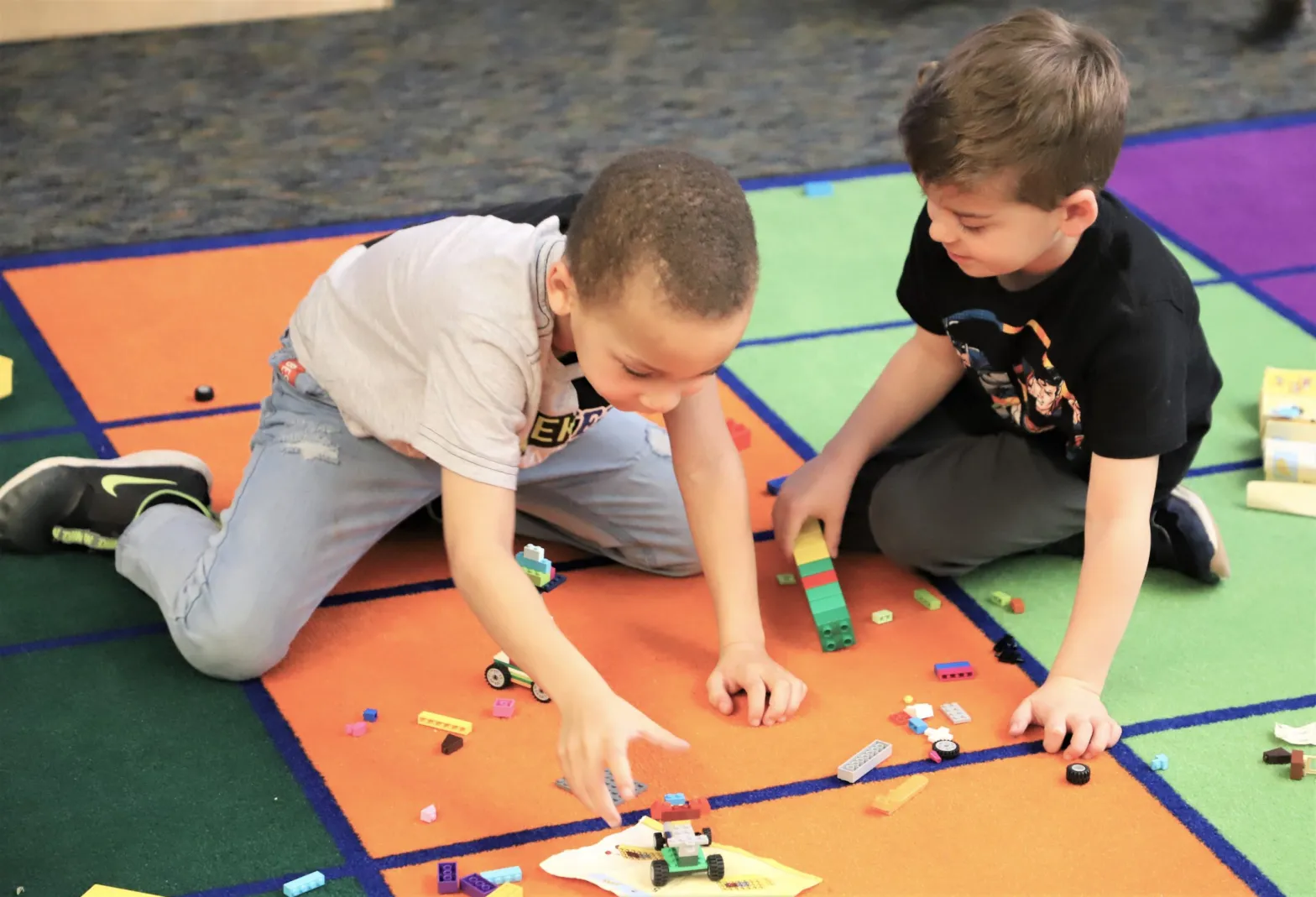Early childhood is more than just adorable milestones — it’s the stage where lifelong pathways are shaped. High-quality early learning isn’t just pivotal for individual children; it benefits families, communities, and society as a whole.
1. A Critical Developmental Window
From birth through age eight, children’s brains grow at extraordinary speed, forming neural pathways that shape future learning, relationships, and adaptability. In fact, about 90% of brain growth occurs before age five — making these early years the most important window for learning and development (First Things First).
When children have access to safe, nurturing, high-quality early education during these formative years, they’re more likely to thrive in school and in life. Research shows that early learning strengthens literacy, numeracy, attention, and social skills, setting the stage for lifelong success (Harvard Center on the Developing Child).
2. Long-Term Benefits for Children and Communities
The benefits of quality early learning don’t stop at kindergarten. Long-term studies show that children who participate in high-quality early education are more likely to graduate high school, attend college, and achieve stable employment. They are also less likely to face incarceration or chronic health challenges later in life (HighScope Perry Preschool Study).
The economic payoff is equally powerful. Nobel Prize-winning economist James Heckman’s research shows that every $1 invested in early childhood education yields a return of $7–$9 in reduced remedial education costs, improved health outcomes, and increased earnings (Heckman Equation, Impact UPenn).
3. Narrowing Gaps & Strengthening Families
High-quality early learning is especially powerful for children from low-income families, helping to close achievement gaps before they even begin. Research shows that children who attend strong pre-K programs enter school more prepared in language, math, and social-emotional skills than peers without access (UNICEF).
Families benefit, too. Access to affordable, reliable early learning programs allows more parents — especially mothers — to participate in the workforce, boosting family income and stability. A recent study of pre-K programs in Connecticut found that families gained an average of $5,500 more in annual earnings, and every dollar invested produced roughly $10 in economic benefits (CT Insider).
Key Challenges U.S. Families Face in Early Childhood Education
1. Affordability & Financial Strain
The cost of early childhood education is a major burden for families. Between 2016 and 2023, the average cost for two children in center-based care rose by over $1,000, and by $2,700 in home-based care. For a two-parent household, childcare can consume 10% of median income; for single-parent households, that number jumps to 32% — far above the federal affordability benchmark of 7%. These costs push an estimated 134,000 low-income families into poverty each year, while nearly half a million middle-class families are pushed into a lower income bracket (American Progress).
2. Limited Availability & Provider Shortages
Even when families can afford care, finding it is another challenge. Many parents face long waitlists and limited availability, especially for infant and toddler care. Workforce shortages — driven by low wages and high turnover among childcare providers — continue to undermine both availability and quality (Zero to Three).
3. Inequitable Access & Systemic Disparities
Children of color and those from low-income families are less likely to attend high-quality preschool programs compared to their peers. For example, only 15% of Black children were enrolled in high-quality programs in 2016, compared to 24% of White children. Expanding access to quality early learning is critical to narrowing achievement gaps before kindergarten (Wikipedia: Educational Inequality).
How United Way of Virginia’s Blue Ridge is Leading Locally
At United Way of Virginia’s Blue Ridge (UWVBR), we’re committed to ensuring every child has access to quality early learning — strengthening families, schools, and communities across western Virginia. With partners across the community, we’re working to make this a reality through strategic programs that help both children and the adults in their lives.
Ready Region West
As the lead agency, UWVBR oversees Ready Region West, coordinating early education efforts across communities from Roanoke City and County to Alleghany, Rockbridge, Martinsville, and beyond. Our focus is on:
- Improving program quality
- Building provider relationships
- Expanding access
- Engaging families in decision-making
Family Huddles
Our Family Huddles bring parents and caregivers of children ages 0–5 together to:
- Share valuable information about services
- Provide feedback to improve resources
- Build a stronger, more connected early childhood system
Smart2Start
Through Smart2Start, families can use a single application to explore early care and education opportunities, learn about eligibility for publicly funded programs, and even access free or reduced-cost options. This ensures every family has a clear pathway to the right care and education for their child.
The Bottom Line
Quality early learning isn’t just about preparing kids for kindergarten — it’s about setting the foundation for healthier families, stronger communities, and brighter futures. By supporting children, parents, and educators, UWVBR is helping ensure that every child in our region has the chance to learn, grow, and succeed.
At United Way of Virginia’s Blue Ridge (UWVBR), we believe every child deserves access to quality early education and support so they can thrive today and tomorrow. With partners across the community, we’re working to make this a reality through strategic programs that help both children and the adults in their lives.





